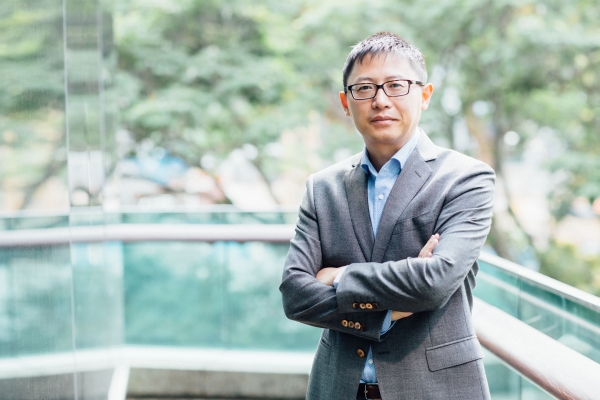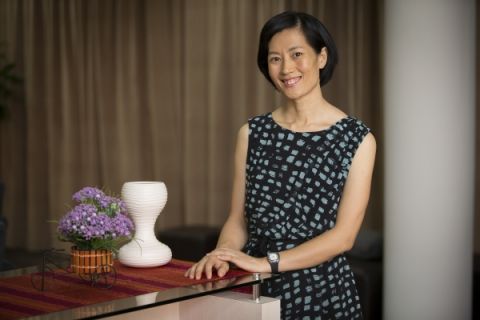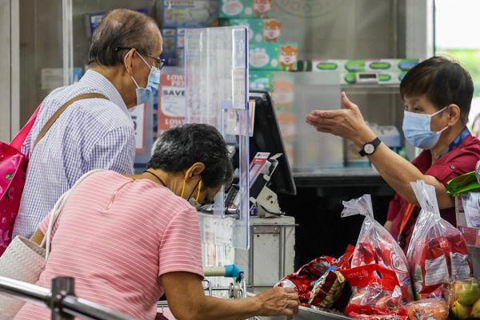
By Stuart Pallister
SMU Office of Research & Tech Transfer – Chinese President Xi Jinping launched the Communist Party’s latest anti-corruption campaign shortly after becoming the country’s ‘paramount leader’ at the end of 2012. Within five years, more than 100,000 people had been reportedly indicted for corruption, along with 120 high-ranking officials, including five national-level leaders.
Singapore Management University Associate Professor of Accounting Yue Heng and his co-researchers began investigating the impact of the anti-corruption campaign in 2015. Five years later, their research paper titled ‘China’s Anti-Corruption Campaign and Financial Reporting Quality’ was published in the journal Contemporary Accounting Research (Vol. 37 No. 2, Summer 2020).
Firms in China had previously hired officials as directors to establish political connections with the government. The paper points out that these connections served as a ‘channel for political rent-seeking and corruption’, as these directors were in a position to ‘help firms to gain a variety of preferential treatments’ such as bank loans and favourable court decisions.
‘As a result,’ the paper continues, these firms had ‘less incentive to provide high-quality financial reporting. When the anti-corruption campaign cuts the connection by forcing the officials to resign, these firms lose preferential treatments and therefore may be incentivized to improve FRQ’ or financial reporting quality.
The researchers chose to investigate the impact of the anti-corruption drive on firms rather than take a macroeconomic approach as others had done. They also focused on what is known as ‘Rule 18’ which the Communist Party introduced in October 2013. This measure, the paper states, ‘forced officials to resign from listed firms immediately … (triggering) an unprecedented large-scale tide of director resignations.’
Professor Yue told the Office of Research & Tech Transfer that Rule 18 was ‘one of the significant regulatory policies in this enormous anti-corruption event, affecting some firms but leaving others untouched.’ The latter would act as a ‘natural control group’ for the research so the two types of firms could be compared. “We observed that more than 400 directors resigned” as a result of the move to sever the political connections of firms.
“Usually, you can’t observe so many directors resigning within a short period, so it gave us the opportunity to do this kind of research.”
The impact of the anti-corruption drive would be to create a more level playfield, Professor Yue says, especially in regions of China with more developed financial markets and greater judicial efficiency. “If there’s a market system, after the political connections have been cut off, firms will compete with each other and use financial reporting quality to send a signal to investors.”
While state-owned enterprises could still benefit from their close links to the government and so would be affected less by the campaign, Rule 18 generally meant that firms were competing on a level playing field, Professor Yue said.
This, Professor Yue says, was a step in the right direction. “We believe the improvement in FRQ can contribute to the development of the stock market, the allocation of resources, and contribute to economic growth.’
He himself had previously acted as an independent director in China and before the anti-corruption drive had been obliged to attend business dinners every evening. Following the campaign, he and many other managers had been “quite relieved” that they would no longer have to attend such dinners every day.
He is now focusing on another research project, which is investigating risk-taking by firms, and is hoping to submit a journal paper within a few months. “The basic evidence at this stage is that, after the anti-corruption campaign, firms are taking fewer risks. As China has this very harsh anti-corruption campaign, firms are worried that the more active they are, the more mistakes they’ll make and may be accused of corruption.” Hence, he says, CEOs are more cautious and risk averse, whereas previously they may have looked to enter new markets with local enterprises.
“If we combine these two studies, on the positive side, some firms have improved their financial reporting quality and efficiency, but on the negative side, managers don’t dare to take risks and we know that risk-taking is very important when developing new business and products.”
Professor Yue’s co-researchers were Ole-Kristian Hope of the University of Toronto and Zhong Qinlin of Renmin University in China.
Back to Research@SMU February 2023 Issue
See More News
Want to see more of SMU Research?
Sign up for Research@SMU e-newslettter to know more about our research and research-related events!
If you would like to remove yourself from all our mailing list, please visit https://eservices.smu.edu.sg/internet/DNC/Default.aspx

